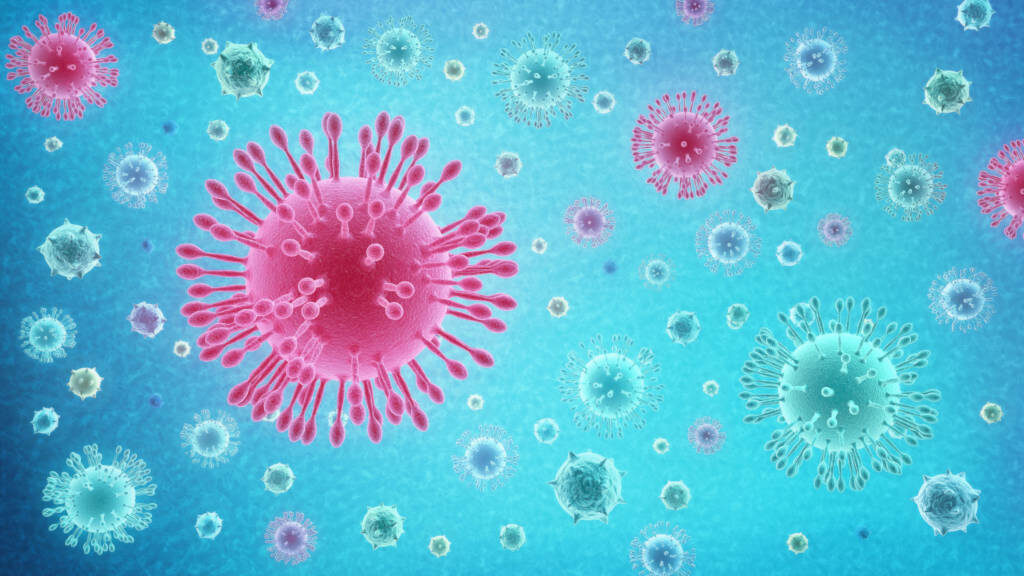The results, published inAntioxidants, were found by comparing 60 patients hospitalized with COVID-19 to healthy age-matched individuals whose samples were taken in 2019. The researchers measured levels of oxidative stress, oxidant damage, and glutathione in blood samples, and compared all three to the healthy samples.
“Increased oxidative stress and reduced glutathione levels are associated with a number of conditions including ageing, diabetes, HIV infection, neurodegenerative disorders, cardiovascular disorders, neurometabolic diseases, obesity and others,” said corresponding author Dr. Rajagopal Sekhar, associate professor of medicine in the section of endocrinology, diabetes and metabolism at Baylor, in a press release on the topic. “We suspected that COVID-19 also might be affecting oxidative stress and glutathione, and in this study we confirmed this in adults hospitalized with COVID-19. We found that these defects occur in all adult age groups, including young people, and worsen with increasing age.”
In healthy adults, levels of oxidative stress, oxidant damage, and glutathione remain stable until people enter their 60s—but COVID-19 infection changed this pattern, according to Dr. Sekhar: “We were surprised to see that the COVID-19 patients in the 21 to 40 and the 41 to 60 groups had much less glutathione and more oxidative stress than the corresponding age groups without COVID-19. We knew that healthy people without COVID-19 above the age of 60 years tend to be glutathione-deficient and have elevated oxidative stress. However, when the 60-plus age group gets COVID-19, their glutathione levels were much lower and oxidative stress was much higher than those of a similar age but without COVID-19.”
Related: Antioxidants and Master Antioxidants—Why They Matter NOW Continues Amazon Tests with Glutathione NAC—The Latest Health-Success Story to Become an FDA Target
Dr. Sekhar’s previous research has found that high oxidative stress and low glutathione are present not only in older people, but also in people with HIV and patients with diabetes. Supplementing with GlyNAC, a combination of glutathione precursors, was found to help. “Based on our earlier findings on the effects of GlyNAC supplementation in other populations and the current finding that people hospitalized with COVID-19 had glutathione deficiency and increased oxidative stress, we considered whether GlyNAC supplementation could also combat these defects in COVID-19 and potentially be valuable in helping the body fight this serious infection,” Dr. Sekhar added. “The effects of GlyNAC supplementation in patients with COVID-19 remain to be investigated in future research studies.”








